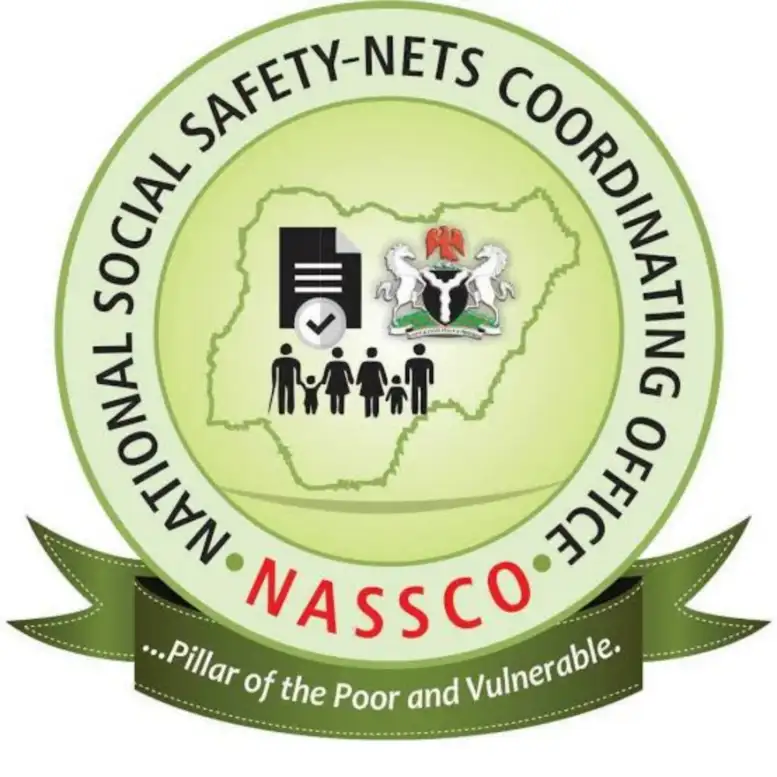Lagos State has said that the National Social Register (NSR) is helping states plan more effectively, with projections to inject over 150 billion naira in support for the poor and vulnerable by 2026.
Governor Babajide Sanwo-Olu made this known at a program organized by the National Social Safety Net Coordinating Office (NASSCO) in Lagos, which brought together key stakeholders from government, development partners, and the private sector under the theme, Advancing Social Protection Through the National Social Register.
The Governor’s representative, Samuel Egube, noted that Lagos State intends to raise its budgetary allocation to social protection by 30 percent in 2026, increasing funding to about N170 billion. He said the government was committed to ensuring that those on the margins of poverty feel the impact of social welfare programs.
Thousands have been displaced by floods across several states, heightening the need for reliable data to respond to crises. Experts at the event said that for any nation to respond effectively to disasters, a credible database of citizens was essential.
Olufunmi Olotu of NASSCO said the National Social Register has now grown to cover more than 19 million households and over 70 million individuals. “But beyond the numbers, the real story is that mothers in rural communities, young people searching for opportunity, and the household on the margin of poverty are beginning to see a government that knows them, recognizes their struggle, and is deliberate about supporting them,” she said.
Governor Abdullahi Sule of Nasarawa State stressed the importance of continuous support for the vulnerable. “Continuous assistance to the vulnerable is actually a responsibility not only on the part of government, but also on the part of those who can afford it. And that is the reason why every time there is an opportunity with the World Bank to come across and do something, we are always on top of it,” he stated.
Chairman of the United Bank for Africa, Tony Elumelu, explained how the register is used to drive private sector support. “Through the register, we identify people to support with the entrepreneurship program that we do every year,” he said.
Representatives from the Ministry of Finance emphasized that social protection must go beyond data collection. Imaan Sulaiman-Ibrahim said, “Forms are never about numbers alone. They must touch lives. They must mean that a mother can feed her children, that a small business can thrive, and that the poor and vulnerable can face life with dignity.”
Traditional leaders also called for inclusivity. The Alara of Ilara Epe Kingdom, Olufolarin Ogunsanwo, urged that the register must remain dynamic, transparent, and accessible so that no vulnerable group is left behind. Stakeholders agreed that discussions should focus on measurable solutions to support Nigeria’s poor and vulnerable.

